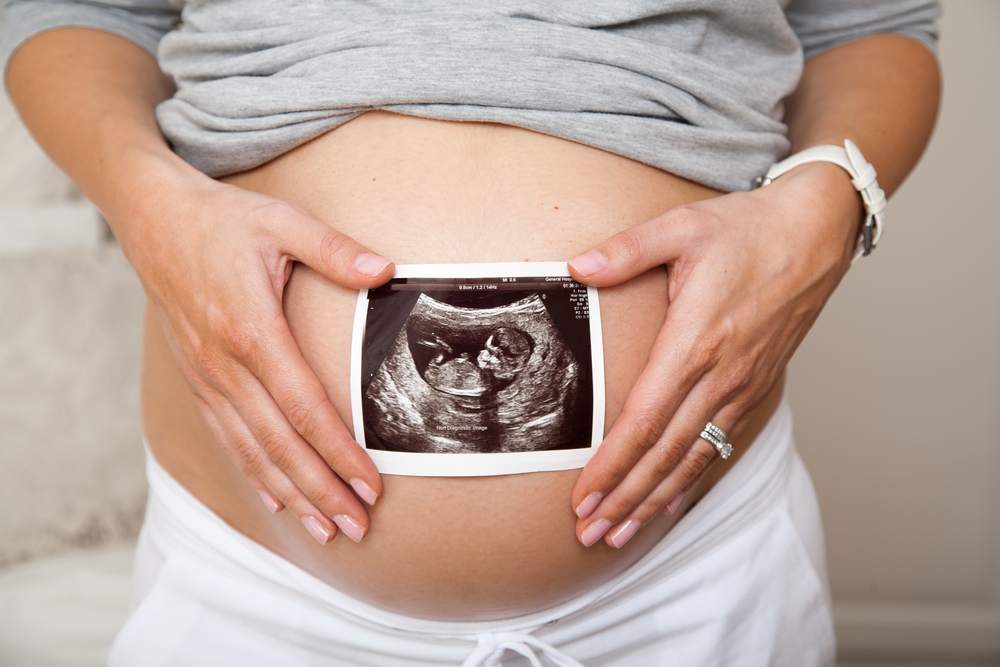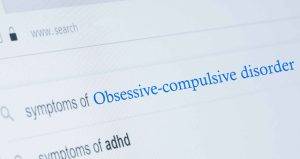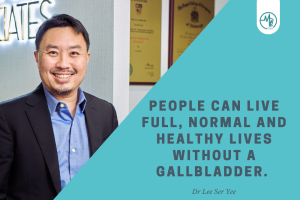Embark on the fulfilling journey of motherhood with confidence.
Discover five indispensable tips for postnatal care that new moms can’t afford to miss.
Navigating postnatal care is a pivotal aspect of embracing motherhood. For new moms, understanding how to effectively cater to your own well-being and that of your baby is crucial. This comprehensive guide unveils essential tips into postnatal care, helping you create a nurturing environment for both yourself and your little one.
Essential Tips for Stellar Postnatal Care
Tip 1: Nutritional Wellness
Proper nutrition is the cornerstone of a mother’s postnatal recovery. A balanced diet not only helps the body heal, but also ensures that breast milk is nutrient-rich.Breastfeeding mothers generally need more calories to meet their nutritional needs while breastfeeding. An additional 330 to 400 kilocalories (kcal) per day is recommended for well-nourished breastfeeding mothers, compared with the amount they were consuming before pregnancy. The number of additional calories required for an individual breastfeeding woman is also affected by:
- Age
- Body mass index
- Activity level
- Extent of breastfeeding (exclusively breastfeeding versus breastfeeding and formula feeding).
Essential food facts for breastfeeding mothers
- Caffeine
Caffeine does pass from the mother to the infant in small amounts through breast milk, but usually does not adversely affect the infant when the mother consumes low to moderate amounts (about 300 milligrams or less per day, which is about 2 to 3 cups of coffee).
However, irritability, poor sleeping patterns, fussiness, and jitteriness have been reported in infants of mothers with very high intakes of caffeine, about 10 cups of coffee or more per day. Preterm and younger newborn infants break down caffeine more slowly, so mothers of these infants might consider consuming even less caffeine. - Seafood
As for seafood, most fish contain some amount of mercury, which accumulates in fish flesh and can pass from mother to infant through breast milk. This can have adverse effects on the brain and nervous system of the breastfed infant. - Supplements for those on a vegan/vegetarian diet
And finally, for mothers who eat a vegan or vegetarian diet while breastfeeding, there are some special considerations. Breastfed infants of women who do not consume any animal products may have very limited amounts of vitamin B12 in their bodies. These low amounts of vitamin B12 can put their infants at risk of vitamin B12 deficiency, which can result in neurological damage.
Tip 2: Mental Health Awareness
Postpartum depression (PPD) is a common psychological condition that can occur after childbirth, affecting a significant portion of new mothers globally. A comprehensive study revealed that the condition was found in approximately 17.22% of women worldwide.
Regularly communicating your feelings and experiences to your healthcare provider is crucial. They will typically discuss your feelings, thoughts, and mental health to help determine if you’re experiencing PPD or a less severe form of postnatal mood changes, often referred to as the “baby blues”. They can create a treatment plan tailored to your needs, which could include treating underlying conditions or referring you to a mental health professional. PPD is typically treated with psychotherapy, also known as talk therapy or mental health counselling, medication, or both. It’s important to continue the treatment even after you start feeling better, as the symptoms of PPD can improve with appropriate treatment, but in some cases, it can become long-term, also known as chronic depression.
Joining support groups can be another effective strategy in the management of PPD. They offer benefits such as ongoing treatment, affordability, building social connectivity, emotional validation, understanding of the condition, and learning coping skills.
Remember, every individual’s experience with post-partum depression is unique, and there is no “one-size-fits-all” approach to managing it. Therefore, it’s essential to seek personalised advice from healthcare professionals. They can provide a comprehensive treatment plan that considers your specific symptoms, personal history, present circumstances, and preferences.
Tip 3: Cultivating Your Support System
Motherhood is not a journey to be taken alone. Building a strong support system is essential for your emotional well-being. Engage with family and friends, share your experiences, and don’t hesitate to ask for help when needed. Consider joining new mom groups or enrolling in parent education classes. Knowing you have a community to lean on can be immensely reassuring.
Motherhood is indeed a journey, but it’s not one you have to embark on alone. Engage with your family, friends, and community; their support can greatly improve your emotional, mental, and physical well-being. Share your experiences and don’t shy away from seeking help when necessary.
Consider joining new parent groups or enrolling in parent education classes. Friends can bring laughter into exhaustion, camaraderie to lonely night shifts, and grace to the relentless workload of a new parent. Your local library or community centre may offer a variety of activities and resources that can help you connect with people and programs that can assist you in your journey. Your coworkers can also be a great source of support. Remember, having a community to lean on can be immensely reassuring.
Parting Words
By incorporating these five indispensable tips, new moms can approach the initial stages of this remarkable journey with confidence and wisdom. Empower yourself with knowledge and embrace the joy of motherhood, knowing that by taking care of yourself, you are also providing the best care for your baby.
Embarking on a journey that will shape both you and your baby, requires the right care, knowledge, and love to ensure a journey filled with immeasurable fulfilment and growth.
References:
- Diet considerations for breastfeeding mothers. Centers for Disease Control and Prevention. Available at: https://www.cdc.gov/breastfeeding/breastfeeding-special-circumstances/diet-and-micronutrients/maternal-diet.html (Accessed June 2023)
- Wang, Z., Liu, J., Shuai, H., Cai, Z., Fu, X., Liu, Y., Xiao, X., Zhang, W., Krabbendam, E., Liu, S., Liu, Z., Li, Z., & Yang, B. X. (2021, October 20). Mapping global prevalence of depression among postpartum women – Translational Psychiatry. Nature. Available at: https://doi.org/10.1038/s41398-021-01663-6 (Accessed June 2023)
- Postpartum depression – Diagnosis and treatment – Mayo Clinic. (2022, November 24). Postpartum Depression – Diagnosis and Treatment – Mayo Clinic. Available at https://www.mayoclinic.org/diseases-conditions/postpartum-depression/diagnosis-treatment/drc-20376623 (Accessed June 2023)
- Carberg, J. (n.d.). Support Groups for Postpartum Depression – How They Can Help. PostpartumDepression.org. Available at: https://www.postpartumdepression.org/support/groups/ (Accessed June 2023)













